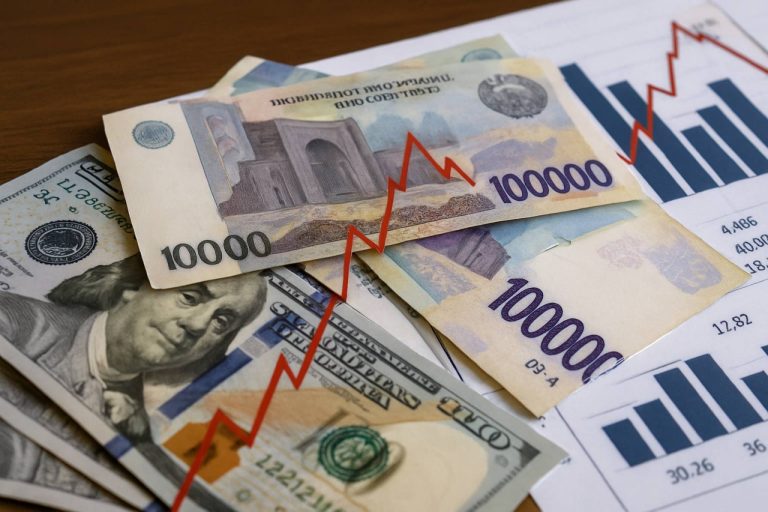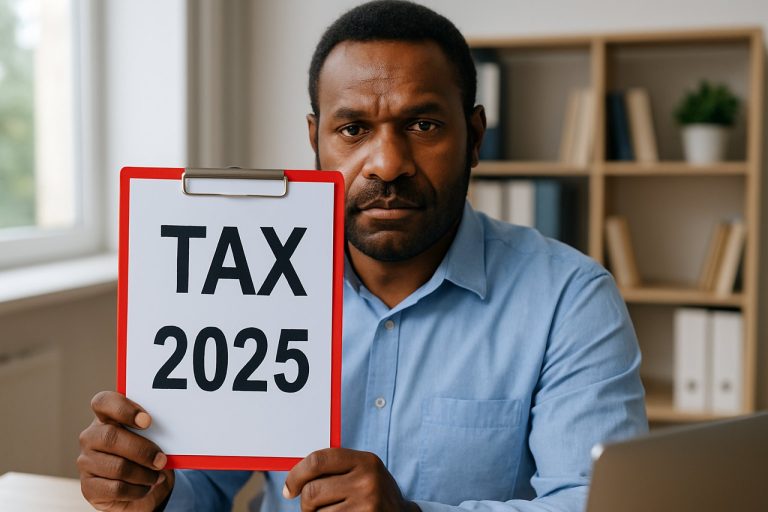
realistic photo of business consulting --ar 16:9 Job ID: d227ec72-787d-4ef0-9121-d2d603923a51
Income tax systems are common throughout the world, but the case of North Korea presents a unique and intriguing study into a country’s taxation policies amidst its strict authoritarian regime and centrally controlled economy. This article delves into the nuances of income tax in North Korea, shedding light on who pays these taxes and how much they are required to contribute.
Historical Context
North Korea, officially known as the Democratic People’s Republic of Korea (DPRK), has a highly centralized economy driven by the state. The country operates under a socialist system with a significant focus on self-reliance, encapsulated in their national ideology of Juche. The economic landscape in North Korea significantly influences its taxation policies.
Income Tax Policy in North Korea
Interestingly, North Korea has claimed to have abolished all income taxes as early as 1974. According to North Korean authorities, the government does not impose direct taxes on its citizens. This move was part of a larger framework to reinforce the socialist ethos of the state by eliminating tax burdens on the populace. However, this does not imply the absence of taxes altogether, but rather a shift towards indirect forms of taxation and state earnings from enterprises.
Indirect Taxes and State Revenue
The primary source of state revenue in North Korea comes from various forms of indirect taxes and earnings from state-owned enterprises. Some notable indirect taxes include:
– Consumption Taxes: Similar to value-added taxes found in other countries, these are levied on goods and services.
– Enterprise Contributions: State-owned enterprises are required to contribute a significant portion of their income to the government. Both employment and profits in these enterprises are closely monitored and controlled by the state.
– Fees and Levies: There are numerous other fees, such as license fees, mandatory contributions for communal projects, and other state-mandated financial extractions.
Economic Structure and Business Environment
The business environment in North Korea is starkly different from market economies. The state owns all means of production, and private entrepreneurship is virtually non-existent. Instead, the government allocates work and controls all major industries, including manufacturing, agriculture, and services.
– State-Owned Enterprises: These form the backbone of the North Korean economy. The revenue from these enterprises is crucial for government funding. Workers in these enterprises are paid by the state, and their earnings are often modest.
– Military-First Policy: Known as Songun, this policy places priority on military spending and development. The military sector receives a lion’s share of the budget, further influencing economic priorities and tax policies.
Foreign Investments and Special Economic Zones
North Korea has made some attempts to attract foreign investments by establishing special economic zones (SEZs) where more liberal economic policies are applied to encourage foreign businesses. These zones present a different tax regime compared to the rest of the country, providing some tax incentives and reduced restrictions. However, these initiatives are hindered by international sanctions and the overall political and economic isolation of the country.
Conclusion
While North Korea claims to have abolished income taxes, the state employs various indirect methods to generate revenue and sustain its economy. The centralized control over all economic activities means that the state’s financial needs are met primarily through contributions from state-owned enterprises and indirect taxes. Understanding these dynamics is vital for comprehending how the North Korean government operates within its unique socio-political and economic framework.
Certainly! Here’s the information you’ve asked for, formatted with valid URLs to the main domains:
Income Tax in North Korea: Who Pays and How Much?
For more detailed information on income tax systems and policies, you may find the following links helpful:
– Central Intelligence Agency (CIA)
– BBC
– Encyclopaedia Britannica
– NPR
– The Guardian
– The Washington Post
These sources can provide comprehensive insights into the economic and political landscape of North Korea, which can help in understanding their taxation system.



